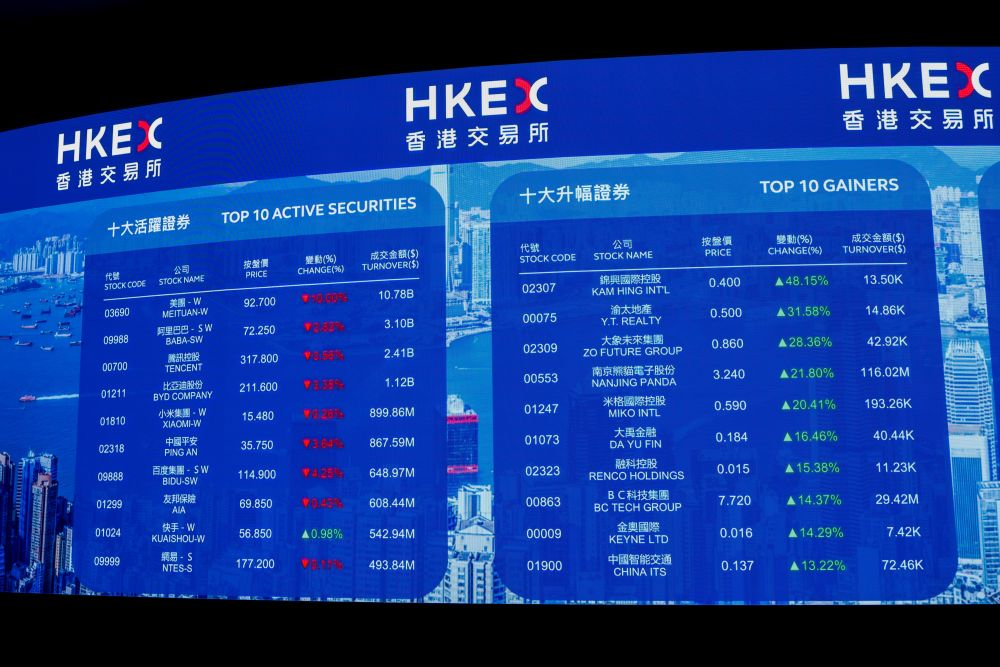The local currency bond markets in emerging East Asia bucked the US-China trade conflicts and the moderating global economic growth as they continued to expand during the first quarter of 2019.
According to the latest issue of Asia Bond Monitor released by the Asian Development Bank (ADB) on June 19, the local currency bonds outstanding in the region reached US$15 trillion at the end of March, representing increases of 2.9% from the end of 2018 and 14% from the corresponding period in 2018. Total bond issuance in the first quarter amounted to US$1.4 trillion, or up 10% from the last quarter of 2018 driven by the stronger issuance of government debt.
“The region’s bond markets are holding firm, but the risks are still to the downside,” says ADB chief economist Yasuyuki Sawada. ADB notes the region’s financial markets faced uncertainties as trade tensions between the US and China resurfaced in May. The tensions soured investment sentiment and led investors to pull back from emerging East Asian financial markets.
Government bonds accounted for 61.7% of the emerging East Asia’s total local currency bond stock at US$9.3 trillion at the end of March 2019, or up 2.6% quarter-on-quarter and 14% year-on-year. The outstanding corporate bonds, on the other hand, amounted to U$$5.8 trillion, with the growth rate decelerating to 3.5% quarter-on-quarter, but was up 14.2% year-on-year.
Foreign holdings and capital flows diverged across the region’s bond markets in the first quarter of 2019. Foreign investors were upbeat on China on the back of better-than-expected economic indicators in March. The temporary ceasefire in the trade dispute between the US and China during the period also helped. The share of foreign holdings in China rose slightly to 5.1% at the end of March from 5% at the end of December 2018 as global investors were attracted by rising bond prices following the People’s Bank of China’s reserve requirement ratio cut in January.
The foreign holdings’ share in Indonesia also rose from 37.7% to 38.3% during the same period, underpinned by investors’ risk-on approach as they sought Indonesia’s relatively high interest rates. However, ADB notes that Indonesia experienced capital outflows in April due to a wider-than-expected current account deficit.
Meanwhile, Thailand suffered a decline in foreign bond holdings to 18% at the end of March 2019 from 18.5% as at end-December 2018 as a result of political uncertainties relating to the general election. The foreign holdings in the Philippines likewise fell from 7.5% to 6.3% during the same period as investors cashed out their profits. Trends in foreign investment and capital flows in most of the region’s bond markets reversed in the early part of the second quarter of 2019 as the US-China trade conflict reignited, according to ADB.
In terms of issuances, the region witnessed the fourth bond transaction under the Asean+3 multicurrency bond issuance framework on March 26. With a guarantee from the Credit Guarantee and Investment Facility, CJ Logistics Asia, a subsidiary of CJ Logistics of Korea, successfully issued a five-year bond amounting to S$70 million (US$51.50 million).
Also, in May, microfinance firm LOLC (Cambodia) became the second corporate issuer to list bonds on the Cambodia Securities Exchange. The bond offering, worth 80 billion riel (US$19.68 million), comprised a foreign exchange-indexed bond with a coupon rate of 8% and a three-year tranche with a fixed coupon of 9%.









